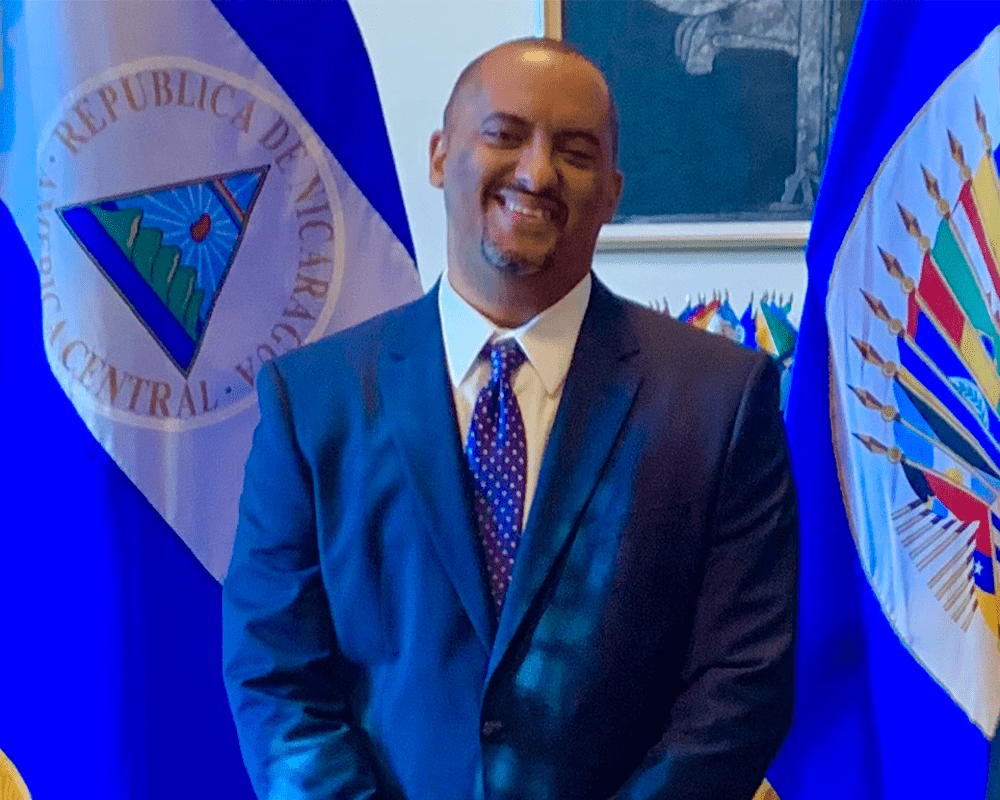The journalist and former Nicaraguan ambassador to the Organization of American States (OAS), Arturo McFields Yescas, questioned this Friday Costa Rica’s behavior in the extraordinary session of the Permanent Council of this organization in Washington, for what he described as a “scandalous silence.”
On Friday, The Organization of American States “strongly” condemned Nicaragua for the occupation and forced shutdown of its offices in Managua by the Daniel Ortega’s government.
McFields said on his Twitter account that, although Costa Rica voted condemning the assault on the diplomatic headquarters, “for the first time it remains silent in the concert of democracies of the Americas. What’s going on President Rodrigo Chaves?”
In an interview with Costa Rican media, the diplomat stressed that “Costa Rica has always been a beacon of light in Central America and Latin America in terms of democracy, however, we are concerned that the light of that beacon is gradually beginning to dissipate or fade.”
“One of our main concerns, is the issue of the General Secretariat of the Central American Integration System. Costa Rica’s vote is decisive, because if they vote in favor, Ortega will assume the secretariat of the System. So, this would mean legitimizing a cruel and brutal dictatorship, which has more than 180 political prisoners and especially women and young people who are cruelly tortured”, emphasized McFields.
He also reaffirmed that, now more than ever, Latin America needs a voice “audible, strong, from Costa Rica, defending human rights, democracy; a different Central America. Costa Rica has always done so and this is what we would like to expect from the new administration of President Rodrigo Chaves.”
The resolution condemning the Nicaraguan regime was supported by 29 of the 34 active members. El Salvador, Honduras and St. Vincent and the Grenadines, abstained from voting.
“Bad things happen many times, not because of the wickedness of some rulers, but because of the silence of those nations that have a deep attachment to democracy and to the human and civil rights of the people. That overwhelming silence is sometimes too dangerous, and the cost we the people pay is too high,” McFields pointed out.






